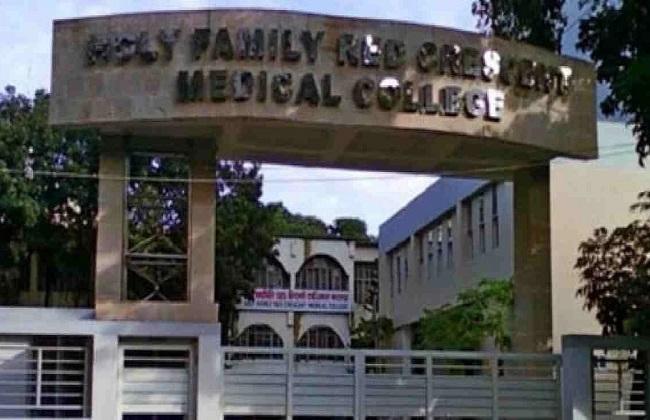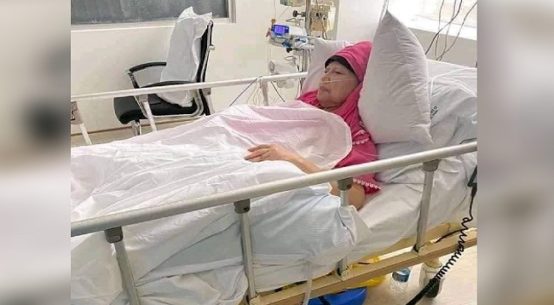
Institutionalised corruption, including monopolistic power, political influence, irregularities, and mismanagement, have led to a decline in the quality of medical care and damaged reputation of Holy Family Red Crescent Hospital.
Transparency International Bangladesh (TIB) unveiled these findings during a virtual press conference while releasing their research report titled “Holy Family Red Crescent Medical College Hospital:Governance Challenges and Way Forward”.
According to TIB, the hospital’s activities have contradicted the principles of the International Red Cross and Red Crescent Movement, resulting in a tarnished reputation. The research report highlighted 14 recommendations to address the challenges of good governance within the hospital.
The press conference featured notable attendees, including TIB’s executive director, Iftekharuzzaman, advisor-executive management professor Sumaiya Khair, Director of Research and Policy Department Muhammad Badiuzzaman, and TIB’s former researcher and current consultant Taslima Akhter, who presented the report.
The study collected and analysed survey data from April 2022 to May 2023, utilising qualitative and quantitative methods. The research encompassed various aspects such as infrastructural facilities, environmental factors, information disclosure systems, and documents. The analysis focused on indicators of good governance, including competence, transparency, accountability, and the presence of irregularities and corruption.
The investigation revealed several legal weaknesses within the Hospital, providing opportunities for various types of irregularities and corruption.
The hospital’s decision-making process, recruitment practices, and financial management have been dominated by the Chairman of the Bangladesh Red Crescent Society (BDRCS), along with individuals associated with the ruling political party. The absence of a dedicated human resource structure and organogram has further facilitated irregularities and corruption in the hospital’s personnel management, including unplanned recruitment, postings, and promotions, according to the study.
Allegations of improprieties extend to the hospital’s license renewal process, the selection of management board members based on political considerations, and obstruction of the hospital director’s work.
The study also uncovered claims of illegal transactions and bribery in the recruitment of doctors, with job aspirants allegedly being asked for bribes of up to TK 5 lakh. Political favoritism in personnel appointments has led to an imbalance in administrative and medical staff, resulting in a shortage of doctors, nurses, and support personnel required for the hospital’s daily operations, it said.
Financial mismanagement and a lack of planning to increase revenue have affected the hospital’s financial capacity. The report also revealed that the hospital collaborated with a controversial organisation, JMI Hospital Requisite Manufacturing Limited, to establish a specialised dialysis center, possibly prioritizing JMI’s interests over the hospital’s own capabilities.
Furthermore, specialist doctors maintain private chambers outside the hospital, where patients are directed, and examination reports sometimes recommend pathology and ultrasound examinations outside the hospital, raising suspicions of impropriety.
The study also highlighted the inadequate attention given to transparency and accountability within the hospital. Failure to adhere to procurement processes, inadequate record-keeping of donations, and a lack of proper auditing have created a crisis of trust among stakeholders. Additionally, the report found instances where patients were billed for missing medications or where drugs were stolen.
Dr. Iftekharuzzaman, TIB’s executive director, expressed disappointment at the extensive lack of good governance within a traditional hospital like Holy Family Red Crescent. He emphasised the concentration of power in the hands of a single person and the absence of proper application of relevant laws and regulations, resulting in a lack of transparency and accountability.
To address the issues of governance, TIB recommended decentralizing power and mainstreaming the management infrastructure with the essential elements of good governance. The organisation proposed 14 points, including reducing the sole powers of the Chairman.


